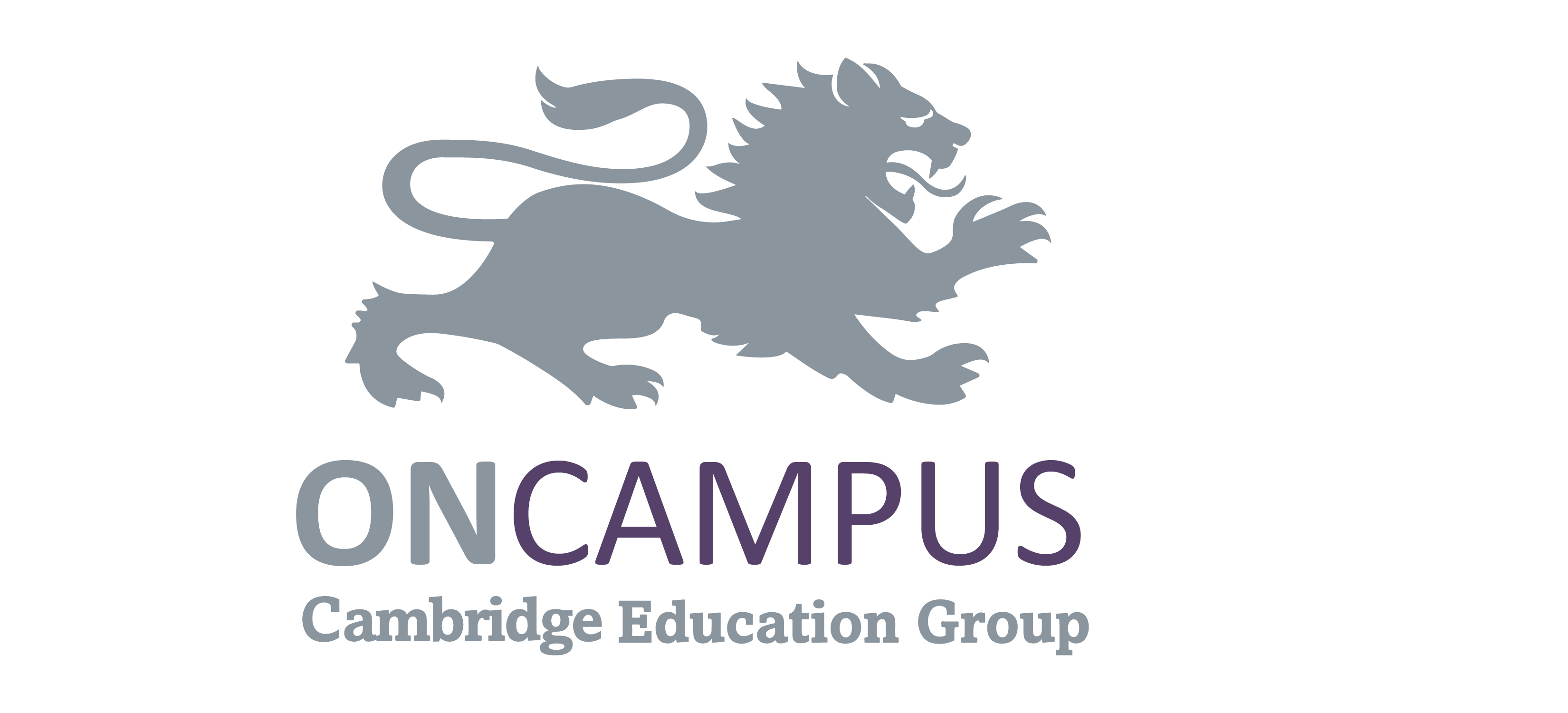- BY admin
- POSTED IN Blog, Study Guide
- WITH 0 COMMENTS
- PERMALINK
- STANDARD POST TYPE

How to prepare for TOEFL and IELTS, is one of the questions that students ask themselves before applying for studying abroad.
If you want to pursue higher education in an English-speaking country, you may have to take an English proficiency test to demonstrate your language skills. These tests measure your English abilities in four main areas: reading, writing, listening, and speaking. Since these tests aim to evaluate how well you can cope in English-speaking environments, they are often in high demand and can be costly. Most universities in the US, UK, Canada, and Australia accept IELTS and TOEFL, the most common tests.
However, these tests are not the only options available, and they may not suit everyone’s needs. In this blog post, we will explore some of the alternatives to IELTS and TOEFL that you can consider for your study abroad journey. But before we suggest alternatives, it is important to understand why most universities prefer traditional English proficiency tests such as IELTS and TOEFL. This blog post will also cover some of the study abroad scholarships, study abroad consultants, and alternatives to IELTS and TOEFL that you can find online.
Also Read: 6 Documents You Need Before Applying for Study Abroad Scholarships
What is IELTS?
IELTS stands for International English Language Testing System. It is a test that assesses your ability to read, write, listen, and speak in English. There are two versions of the test: IELTS Academic and IELTS General Training.
As most of the readers here are applying for study abroad scholarships, thus for you, IELTS academics is important.
The test is available in two versions, the Academic version is designed for those who wish to study at a higher education level, whereas the General Training version is for those who intend to work or migrate to an English-speaking country.
The test comprises four sections: Listening (30 minutes), Reading (60 minutes), Writing (60 minutes), and Speaking (11-14 minutes). It is scored on a band scale from 1 to 9, with 9 being the highest possible score. Typically, a score of 7 or higher is considered higher and is acceptable in most universities for students.
What is TOEFL?
TOEFL stands for Test of English as a Foreign Language. It is a test that measures your ability to use and understand English in an academic setting. The test is mainly used by universities in the US and Canada, but it is also accepted by some institutions in other countries. TOEFL is the purest form of academic English proficiency test and is usually accepted by all without any exception.
Like IELTS, this test consists of four sections: Reading (60-80 minutes), Listening (60-90 minutes), Speaking (20 minutes), and Writing (50 minutes). As evident, it is more comprehensive than IElTS and takes twice the time to complete. The test is evaluated on a scale from 0 to 120, with 120 being the highest possible score. However, a score between 80-90 is generally regarded as optimal and is adequate to gain admission to any university.
Also Read: List of Universities in Japan for International Students
What are the alternatives to IELTS and TOEFL?
Now to our main and important point, what is the alternative to IELTS and TOEFL? Depending on your destination country and your preferred university, you may be able to take other tests or qualifications that can demonstrate your English proficiency. However, it must be understood that these tests are country-specific and sometimes only accepted by only a handful of universities.
Here are some of the alternatives that you can consider:
Cambridge Test (CAE / CPE)
The Cambridge Test is a suite of exams that assess your general English skills at different levels. The two exams that are equivalent to IELTS and TOEFL are the Cambridge Advanced (CAE) and the Cambridge Proficiency (CPE). These exams test your ability to communicate effectively in English in a variety of situations. The exams consist of four sections: Reading and Use of English (90 minutes), Writing (90 minutes), Listening (40 minutes), and Speaking (15 minutes). The exams are scored on a grade scale from A to E, with A being the highest. 
Bonus: If A’Levels and O’levels students have chosen English as their primary and additional language, they are typically exempt from the English proficiency test. Therefore, if you are a student associated with Cambridge, you may be exempt from any of these tests. However, get in touch with qualified study abroad consultants like Uni Guide for more details.
Also Read: Best Study Abroad Consultants in Lahore: A Comprehensive Guide
PTE (Pearson Test of English)
The PTE is a computer-based test that evaluates your academic English skills. The test is accepted by many universities in the US, UK, Canada, and Australia, as well as other countries. Usually, students going specifically to Australia opt for this test.
Unlike IELTS and TOEFL which consists of 4 different sections, this test consists of three sections: Speaking and Writing (77-93 minutes), Reading (32-41 minutes), and Listening (45-57 minutes). On a scale from 10 to 90, the test is scored, with 90 being the highest. Many universities usually consider a score of 70 or above a good score and prefer it.
Duolingo English Test
The Duolingo English Test is a highly effective but often overlooked option for proving English proficiency. Despite being accepted by many universities worldwide, it is not as well-known as some other tests.
A list of universities that accept the Duolingo test can be found on their website. The test is an online assessment that quickly and conveniently measures English proficiency. Over 4,000 institutions globally, including top universities in the US, UK, Canada, and Australia, accept it
The test has two parts: a 45-minute adaptive section that evaluates reading, writing, listening, and speaking skills; and a 10-minute video interview to demonstrate communication skills and personality. Scores range from 10 to 160, with 160 being the highest possible score. Its scores are also convertible to IELTS and TOEFL.
CAEL
The CAEL stands for Canadian Academic English Language Assessment. It is a test that evaluates your ability to use English in a Canadian academic context. Over 190 institutions in Canada, as well as some institutions in the US and other countries, accept the test, which means that if your target countries are only North America, this is the perfect alternative for you.
The test consists of four sections: Listening (40-50 minutes), Reading (50-60 minutes), Writing (60-70 minutes), and Speaking (15-20 minutes). The test is scored on a scale from 10 to 90, with 90 being the highest.
You Always Need a Guiding Hand
By the end of this blog post, you have become familiar with the various options available for taking an English proficiency test. However, it is always wise to consult with a study abroad consultant for a precise and better understanding of your institution’s requirements and what will work best for you.
UniGuide is one of the best study abroad consultants in Lahore, providing bespoke and tailored guidance for students. Our experienced in-house team will assist you throughout the entire process, from the start of your application to visa processing. So book your visit today and let us help you achieve your dream of studying abroad.









































